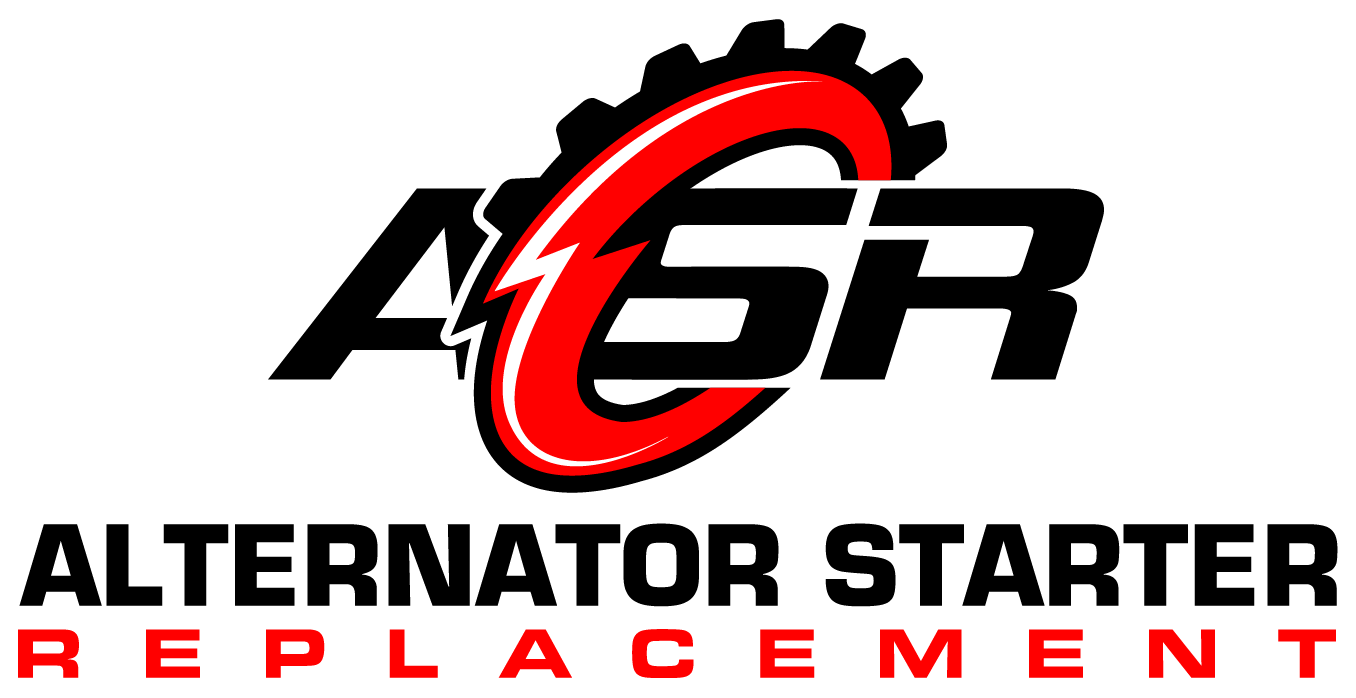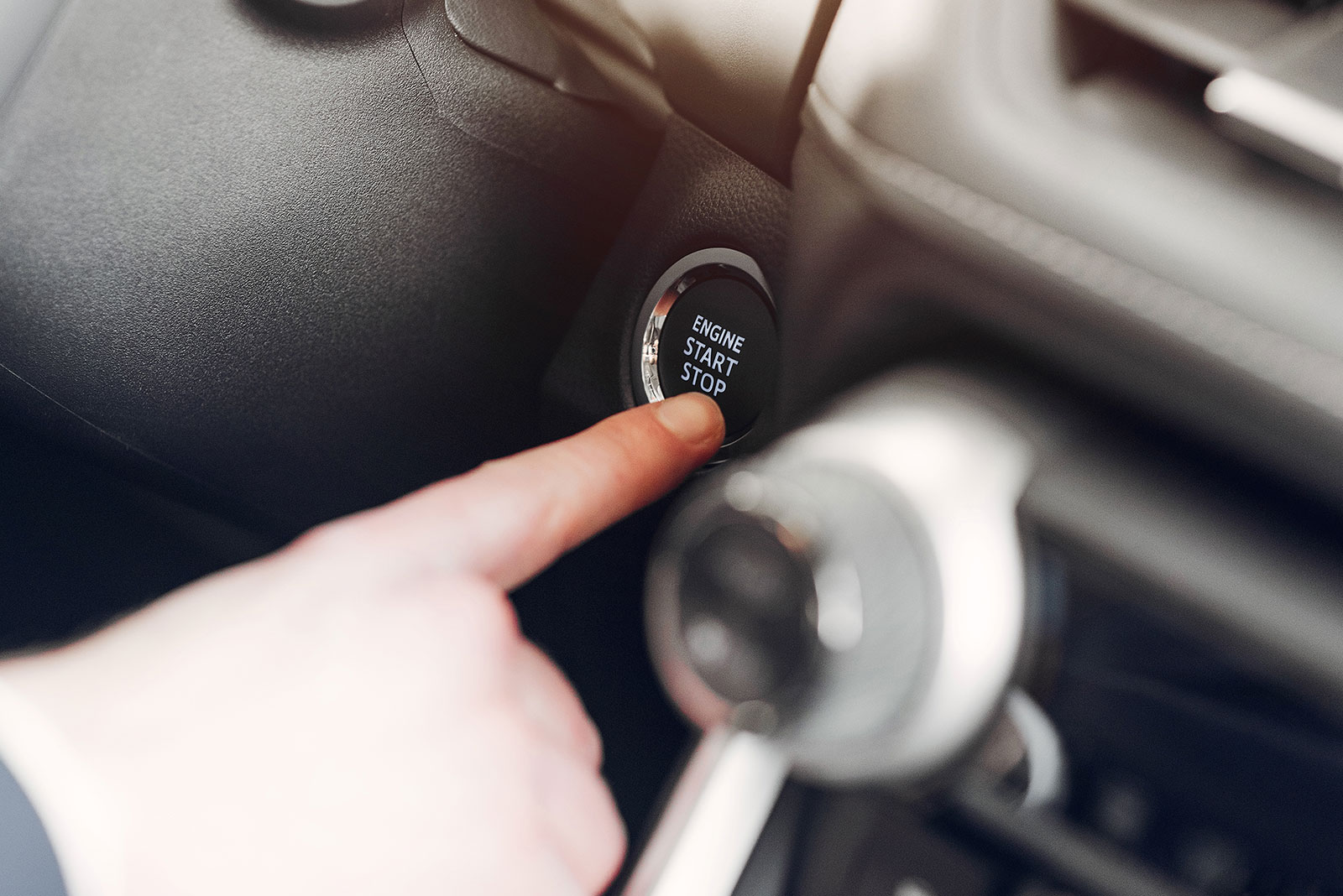Are you tired of sluggish starts and unreliable ignition? It’s time to upgrade your vehicle’s heart with a high-quality aftermarket starter. These powerhouses not only offer a cost-effective alternative to OEM parts, but they can also boost your engine’s efficiency.
Let’s uncover the advantages of aftermarket starters, delve into installation tips, troubleshoot common issues, and explore the cost-saving benefits they offer for a seamless upgrade experience.
The Advantages of Aftermarket Starters
Broad Compatibility
Forget the limitations of OEM parts. Manufacturers design aftermarket starters to fit a wide range of vehicles, from everyday commuters to heavy-duty workhorses. Whether you own a popular sedan like a Toyota Camry or a reliable truck like a Chevrolet Silverado, there’s an aftermarket starter to match.
Keep your vintage Mustang or Chevrolet Camaro roaring with aftermarket starters for older vehicles. From skid steers and backhoes to massive mining trucks, aftermarket suppliers offer starters built to handle the toughest demands.
Quality That Rivals OEM (or Exceeds It)
Don’t let the “aftermarket” label fool you. Manufacturers build premium aftermarket starters with top-notch materials and adhere to strict industry standards. This means you get more durable furniture, that performs better, and lasts longer – often at a more affordable price than OEM replacements.
Aftermarket starters can withstand harsh conditions and frequent use, extending their lifespan. Expect stronger cranking power, smoother starts, and greater consistency – even in extreme temperatures or after your vehicle sits dormant for an extended period.
Why Choose High-Quality Aftermarket Starters
Say farewell to frustrating no-starts. A replacement starter delivers the cranking power your engine needs to fire up, even in harsh weather or after long periods of sitting idle. This is important for people who depend on their vehicles for work or live in areas with extreme climates.
A strong and consistent spark brings optimal engine performance. With top-grade aftermarket starters, you’ll experience smoother starts, reduced engine wear, and even improved fuel economy.
High-Performance Starters for Demanding Applications
If you own a performance vehicle or heavy-duty machinery, a specialized aftermarket starter is a must-have. These starters, engineered for high-output engines, offer superior torque and cranking power to ensure your engine roars to life without hesitation, even under the most extreme conditions. Think of them as the adrenaline shot for your engine.
Aside from performance and reliability gains, aftermarket starters often present a significant cost advantage over OEM replacements. This makes them a smart choice for budget-conscious individuals, fleet managers, and anyone looking to maximize the value of their automotive investment.
Your DIY Guide To Installation and Troubleshooting
Choosing the Right Fit
Selecting the correct aftermarket starter is the first step of a smooth upgrade. Start by identifying the exact make, model, year, and engine type of your car, truck, or machinery. You need this information to find a compatible starter.
Fortunately, many aftermarket starter suppliers offer detailed compatibility charts or “part finders” on their websites. Use these resources to narrow down your options. If you’re uncertain about the right fit, don’t hesitate to contact our support team. We’re here to assist you in finding the perfect starter for your needs.
Proper Installation
Before you start installing the aftermarket starter, make sure to read and follow the provided installation instructions. Keep referring to them throughout the process. Prior to working on the electrical system, disconnect your vehicle’s battery to prevent accidental shorts and potential injuries.
To ensure optimal conductivity and prevent corrosion, thoroughly clean all electrical connections and battery terminals. When aligning the starter gear with the engine’s ring gear, be careful to avoid incorrect meshing, which can cause premature wear or damage.
Finally, use a torque wrench to tighten bolts and connections according to the manufacturer’s recommended specifications.
Troubleshooting Common Issues
Even with the best parts and careful installation, occasional issues can arise. Here’s how to tackle common aftermarket starter problems:
- Grinding Noise: This often indicates incorrect gear alignment. Re-check the starter’s position and ensure the gears mesh smoothly.
- Failure to Engage: Check battery voltage, electrical connections, and the starter solenoid. A faulty solenoid can prevent the starter gear from engaging.
- Slow Cranking: This could be due to a weak battery, poor connections, or an internally worn starter. Test your battery and inspect all connections before replacing the starter.
If you encounter problems beyond your DIY comfort zone, don’t hesitate to consult our support team or seek the help of a qualified mechanic.
Alternator Starter Replacement: Your Starter Upgrade Solution
Upgrading your vehicle’s starter with premium aftermarket starters is a strategic investment for your vehicle. A high-quality aftermarket starter delivers the consistent cranking power you need for confident starts – even in extreme cold, after long disuse, or during the daily demands of tough work.
Upgrade to a well-engineered starter and experience smoother starts, protect vital engine components from unnecessary wear, and even boost your fuel efficiency.
Aftermarket starters often provide exceptional value, matching or exceeding OEM performance at a budget-friendly price.
For high-performance applications or heavy-duty machinery, specialized aftermarket starters are designed to meet your demands for power and durability.
Ready to ignite your engine’s potential? Explore our selection of premium aftermarket starters.


